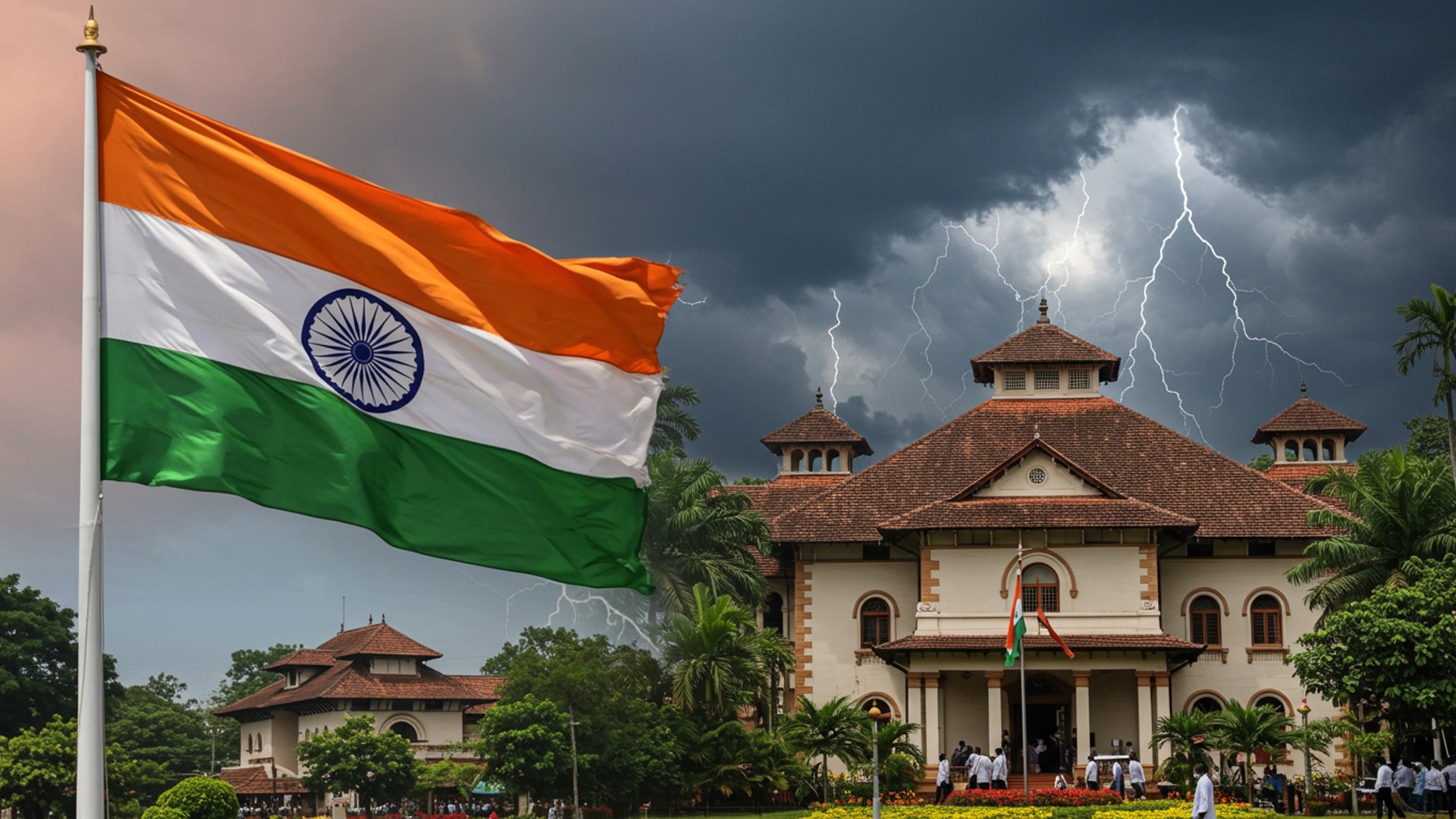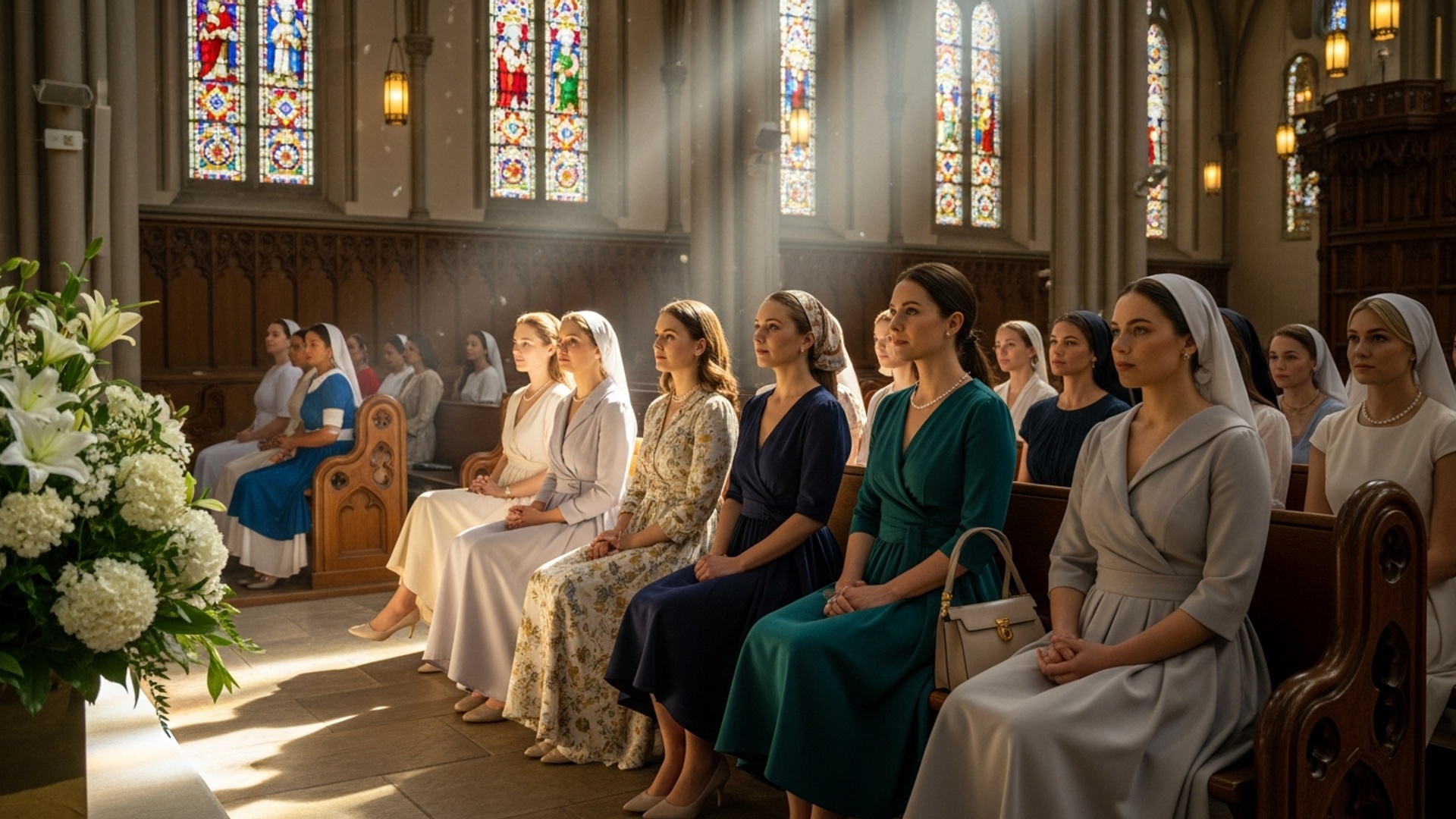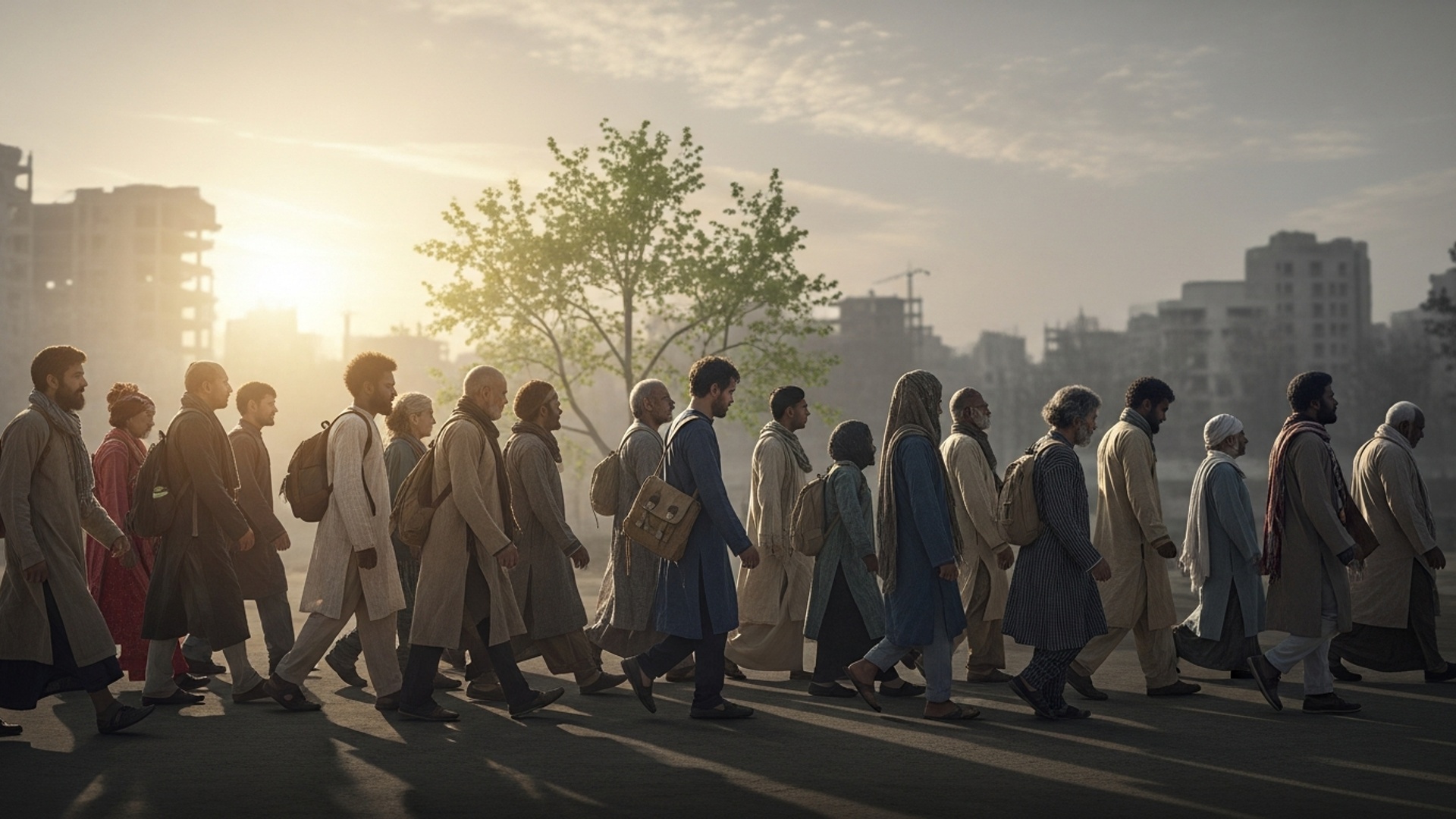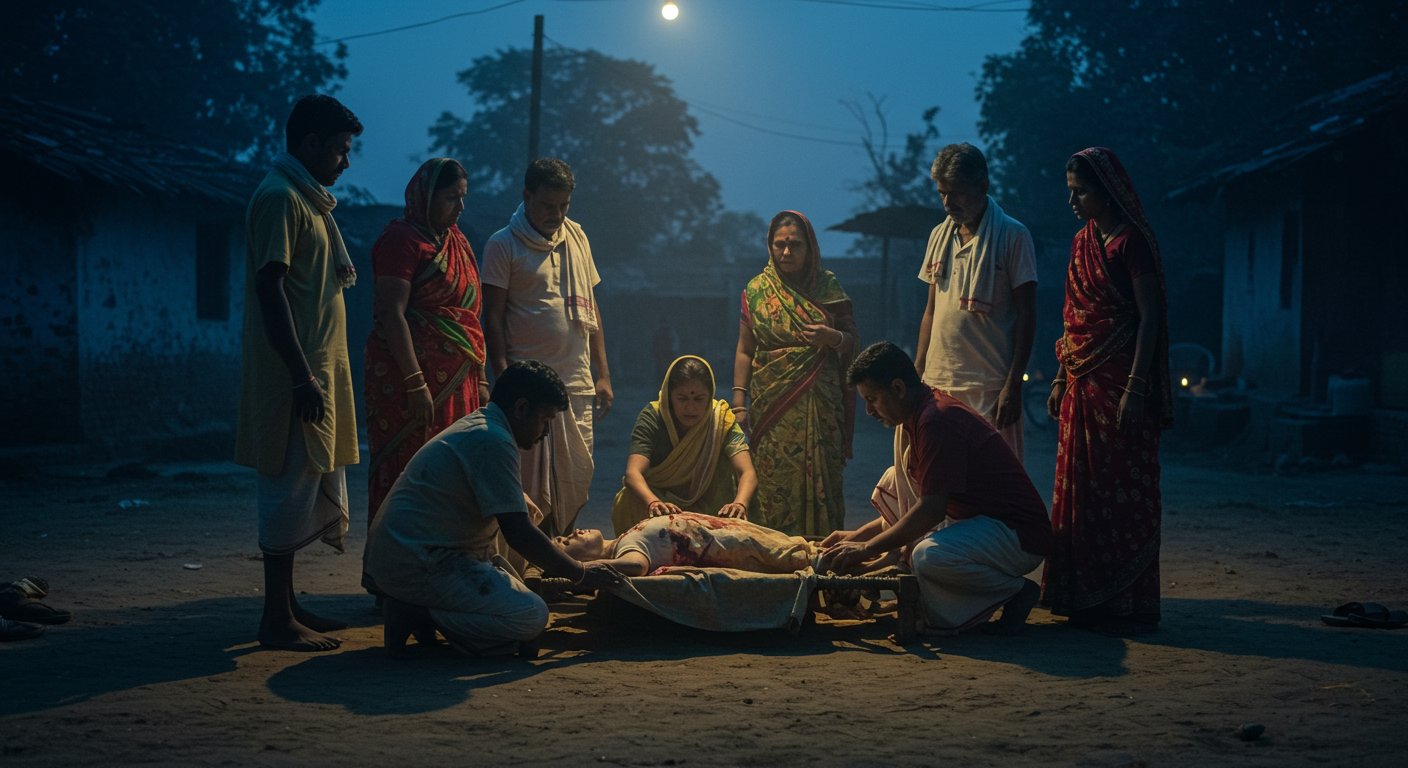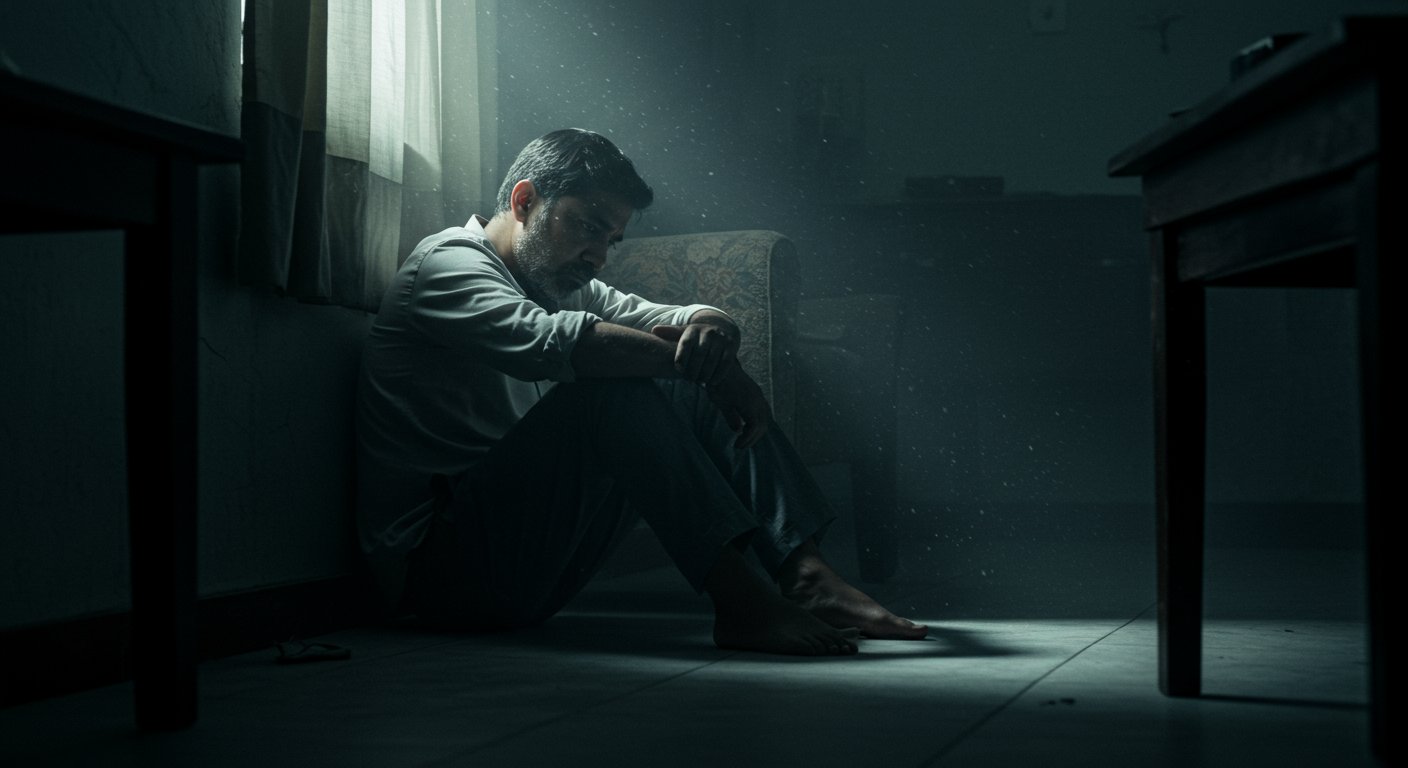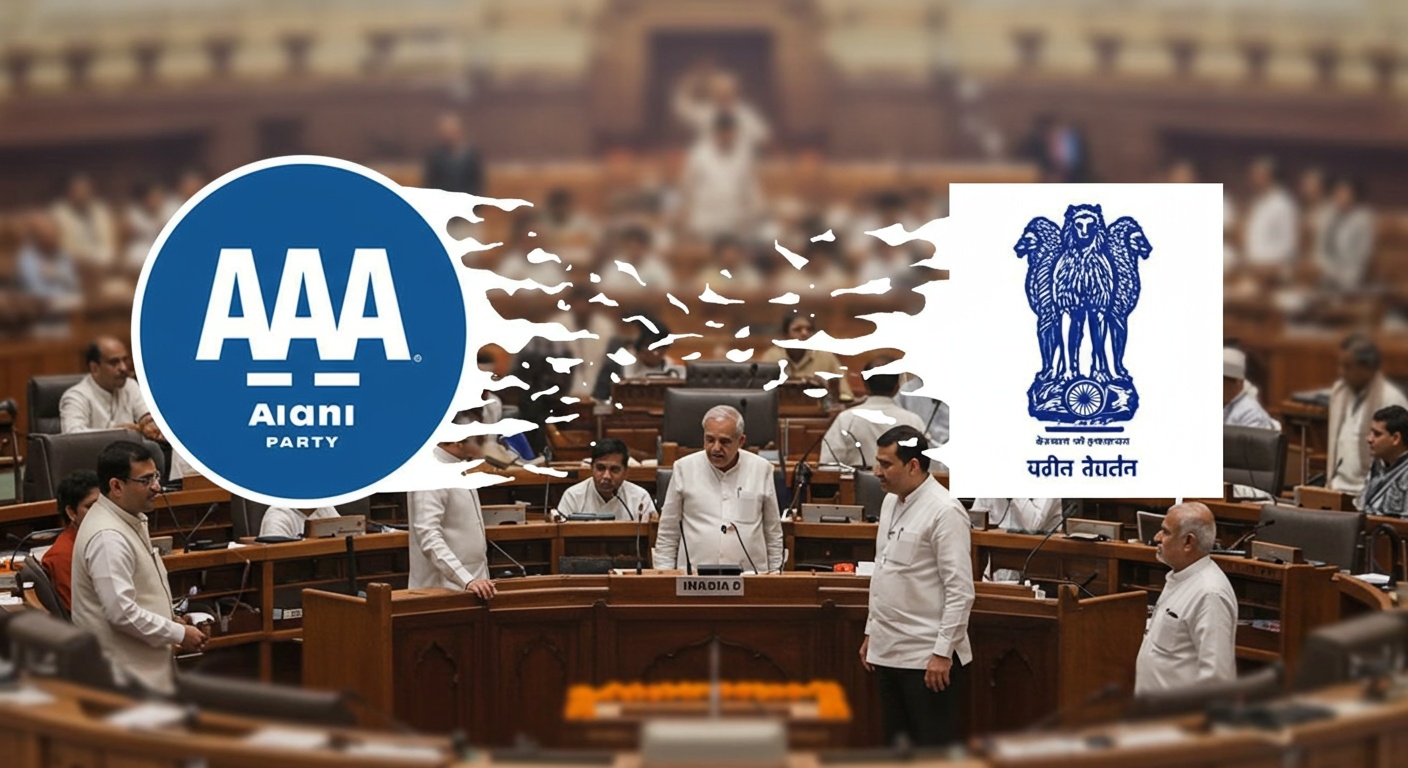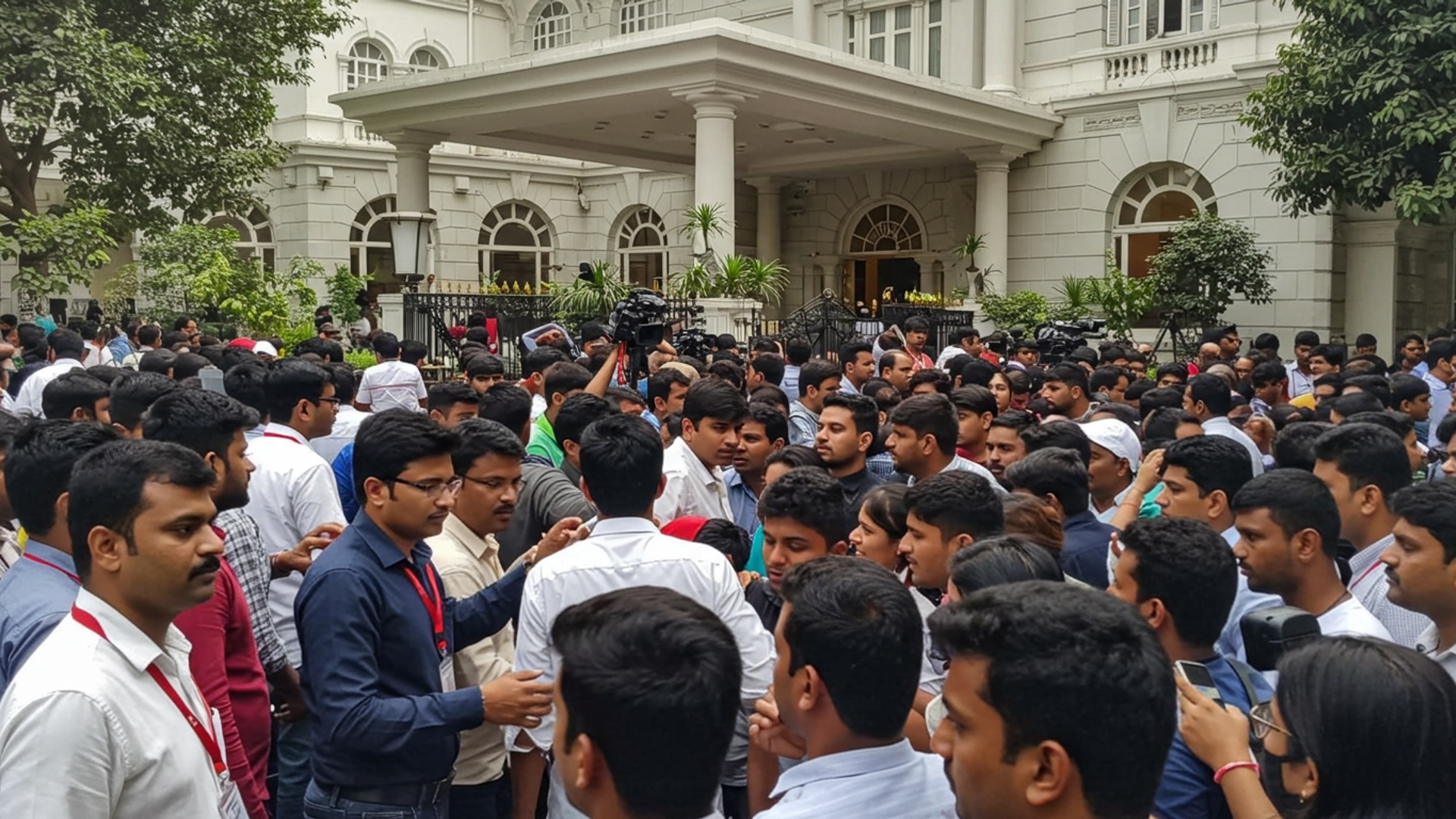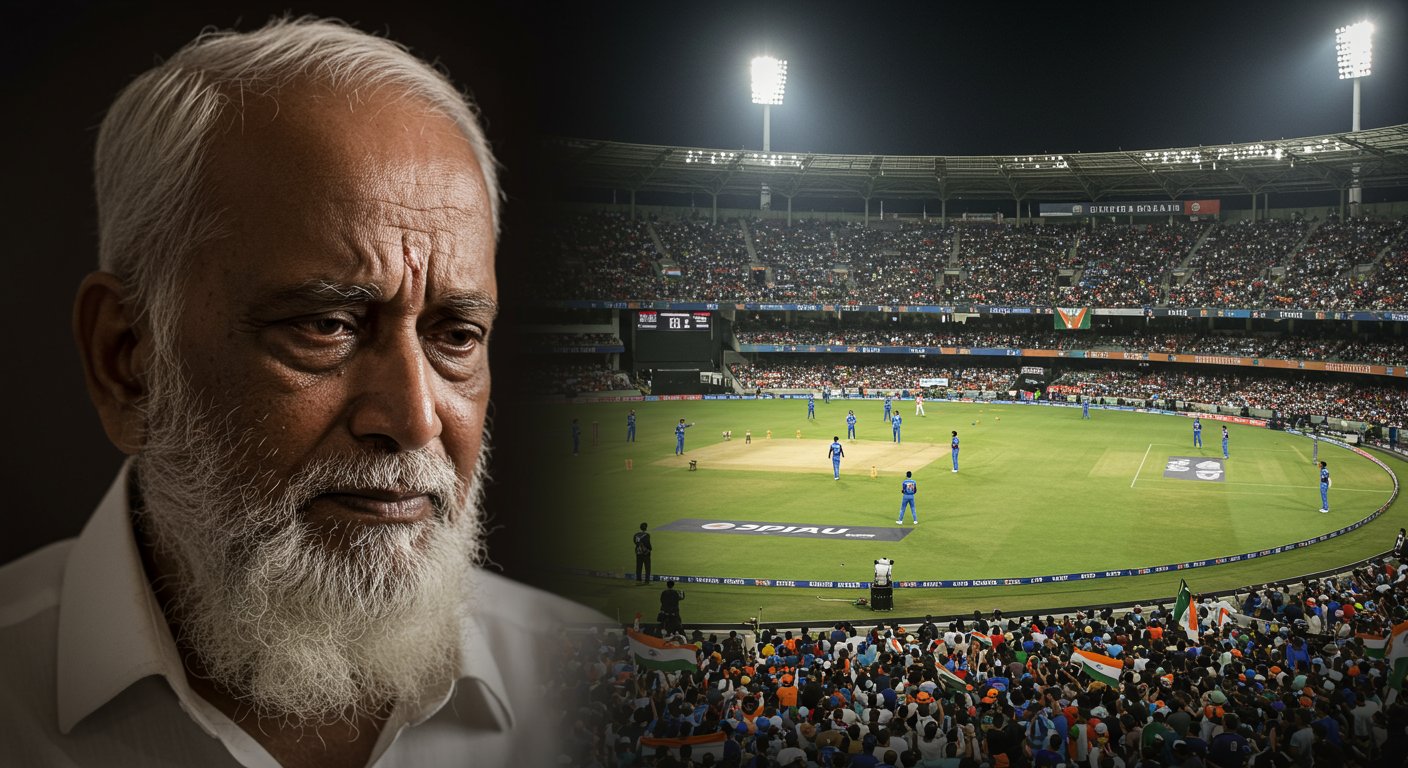A fierce political storm is tearing through Kerala as the Governor’s recent directive to observe ‘Partition Horror Day’ ignites immediate and widespread outrage across the state. The move, coming from the Raj Bhavan, has directly clashed with the ruling government and various political parties, who condemn it as an attempt to introduce a divisive national agenda into Kerala’s unique social fabric. This unexpected order instantly sparks a heated debate about historical memory and state autonomy, putting the Governor at odds with a united front of political opponents and drawing sharp criticism for its timing and implications.
Governor’s Call for Remembrance Day Sparks Debate
A recent directive from Kerala Governor Rajendra Vishwanath Arlekar, urging state universities to observe ‘Partition Horrors Remembrance Day’ on August 14, has stirred a significant political disagreement in the state. The Governor’s office, known as Raj Bhavan, issued a circular requesting universities to organize various events like seminars, plays. street performances to highlight the difficulties and trauma of the 1947 Partition of India. This move has been met with strong objections from both the ruling state government and the opposition parties.
Understanding the Remembrance Day
The observance of ‘Partition Horrors Remembrance Day’ (Vibhajan Vibhishika Smriti Diwas) on August 14 was first announced by Prime Minister Narendra Modi in 2021. This day aims to commemorate the victims and the widespread suffering endured by people during the division of India in 1947. The goal is to remember the immense human cost of the partition, promote feelings of unity and harmony. ensure that future generations learn from this difficult period in history.
The Partition led to one of the largest movements of people in history, causing huge displacement and significant loss of life, with estimates suggesting hundreds of thousands perished. The day serves as a time for reflection on these tragic events, acknowledging the hardships faced by millions. striving to prevent similar events from happening again. In 2022, the University Grants Commission (UGC) also asked educational institutions to mark this occasion, often through exhibitions and awareness programs.
State Government Challenges Governor’s Authority
The Kerala state government has sharply criticized the Governor’s directive, labeling it “unconstitutional and unacceptable.” Chief Minister Pinarayi Vijayan expressed strong disapproval, stating that actions from Raj Bhavan, which he believes align with a particular political group’s agenda, are against the spirit of the constitution.
“The Governor’s circular to vice-chancellors is objectionable. We cannot allow our universities to become platforms for implementing such an agenda,” Chief Minister Pinarayi Vijayan said.
General Education Minister V. Sivankutty also questioned the Governor’s power to issue such instructions, accusing him of attempting to run a “parallel administration” in the state. Sivankutty stated that the Governor does not possess the constitutional authority to direct institutions to observe specific days, calling it a “clear overreach aimed at overriding the elected government.”
The Chief Minister further argued that India’s Independence Day, celebrated on August 15, is a reminder of the fight against foreign rule and the harsh actions by the British. He suggested that the idea of observing another day besides August 15 comes from those who had no role in the freedom movement and aims to lessen the importance of Independence Day.
“India’s partition and the ensuing riots were a consequence of the British government’s divide-and-rule policy,” the Chief Minister stated.
Opposition Joins in Criticism
The Leader of the Opposition, V. D. Satheesan, also voiced strong criticism against the Governor’s actions, calling them “unconstitutional.” Satheesan questioned what authority the Governor had to instruct university leaders through a circular, effectively bypassing the elected state government. He alleged that by doing so, the Governor was openly showing his connection to a political ideology seen as divisive.
“It is unconstitutional for the Governor to make decisions and act parallel to the state government. By doing this, [the Governor], holding a constitutional post, is openly telling Kerala that he still represents the divisive politics of the RSS. The Governor’s action is unconstitutional,” Satheesan said.
Raj Bhavan’s Stance and Past Controversies
A Raj Bhavan official confirmed that a circular for observing an “Anti-Partition Day” had been issued in June. This official also clarified that the circular was based on instructions from the Union Home Ministry, which asked all state governments to observe the day to raise awareness about the difficulties of partition.
This is not the first instance of a directive from the Kerala Governor’s office leading to political controversy. Earlier, a similar directive asking universities to observe the anniversary of the Emergency on June 25 as ‘Constitution Assassination Day’ also drew sharp criticism from various groups. These repeated instances highlight ongoing tensions between the Governor’s office and the state government over administrative matters and political authority.
Implications for State Education and Politics
The current disagreement over the ‘Partition Horrors Remembrance Day’ directive highlights a larger power struggle between the Governor and the elected state government in Kerala. While the central government views the observance as a way to remember historical events and promote unity, the state government and opposition see it as an attempt to introduce a specific political agenda into educational institutions.
The outcome of this situation could set a precedent for future interactions between the Governor’s office and state administration, particularly concerning matters of education and curriculum in state-run universities. The debate centers on the limits of the Governor’s role as a constitutional head and the authority of the elected state government in managing its affairs, especially in sensitive areas like historical remembrance and public education. The ongoing discussion reflects how historical narratives continue to be a point of contention in the political landscape.
![]()
